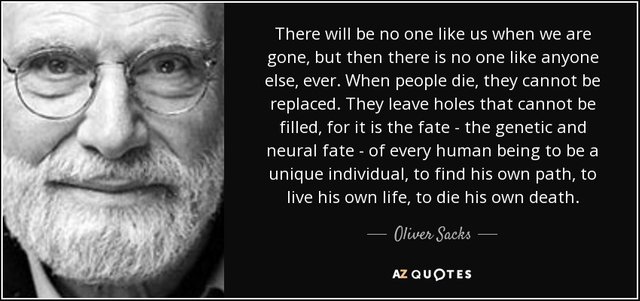Do A Group's Beliefs Help To Unify Them? ❤️

Held together By A Belief?
A common assumption that is systemic in the group conscience is conformity that essentially signifies agreeability. However, as I see it, conformity is an external disposition, and agreeability is also a matter of internality. Consequently, someone may adapt to the need for group membership whereas in secret disagreeing with the group, all at once.
Therefore, essential to collectivism isn't agreeability but conformity. Whereas beliefs would possibly secretly disagree, from one person the other, the desired factor is that the person adheres to the traditions of his group. It is not belief that unites a non-secular body, however, the normal roles its members play.
Conveying Your Own Opinion
Throughout Church history, heretical positions are held by a range of its most devout members. Among monastic life, it had been not uncommon for a monk to question the authority and teachings of the Church. However, in doing, therefore, he was usually advised to keep his doubts a secret.
Martin Luther in confessing his misgivings to his confessor, Johann von Staupitz, was gracefully assured his issues were acceptable as long as they were kept secret. The necessary factor to the Church, like every other group, isn't the inner bearings of its members, but, the visible traditions that they represent.
Individuals Uniqueness
Beliefs, being it a matter of subjectivity, are naturally divisive. Of course, some beliefs are genuinely held in common but not all beliefs. To the degree by that which they differ is the degree by that a man's internal perspective is disagreeable.
